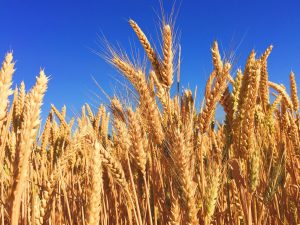According to the head of the Indian Agricultural Research Institute’s (ICAR) regional station in Indore on Tuesday, Madhya Pradesh, the nation’s second-largest wheat-producing state, is expected to increase wheat sowing this rabi season due to sufficient groundwater levels, adequate soil moisture, and the possibility of an early temperature drop. Since the groundwater table is at a decent level and the weather has been favorable so far, chances for wheat sowing this rabi season look high. According to KC Sharma, chief scientist and head of ICAR-IARI’s regional station in Indore, “sowing activities are expected to gain momentum with the likelihood of an early dip in temperature, as temperature plays a crucial role in wheat cultivation. “The first week of November is typically when wheat is sown, and it lasts for two weeks. According to the Union Ministry of Agriculture and Farmers Welfare, Madhya Pradesh cultivates wheat on over 75 lakh hectares. According to Sharma, favorable weather and the early sowing of high-quality seeds will also help to improve the per hectare output of wheat in the forthcoming season. According to the research institution, Madhya Pradesh has an average wheat production of 3.5 tonnes per hectare, but Haryana and Punjab, the two states that produce the most wheat, have productivity levels of about 4.5 to 5 tonnes per hectare. This season, farmers may avoid late sowing since wheat requires a low temperature. (Source-Times of India)
